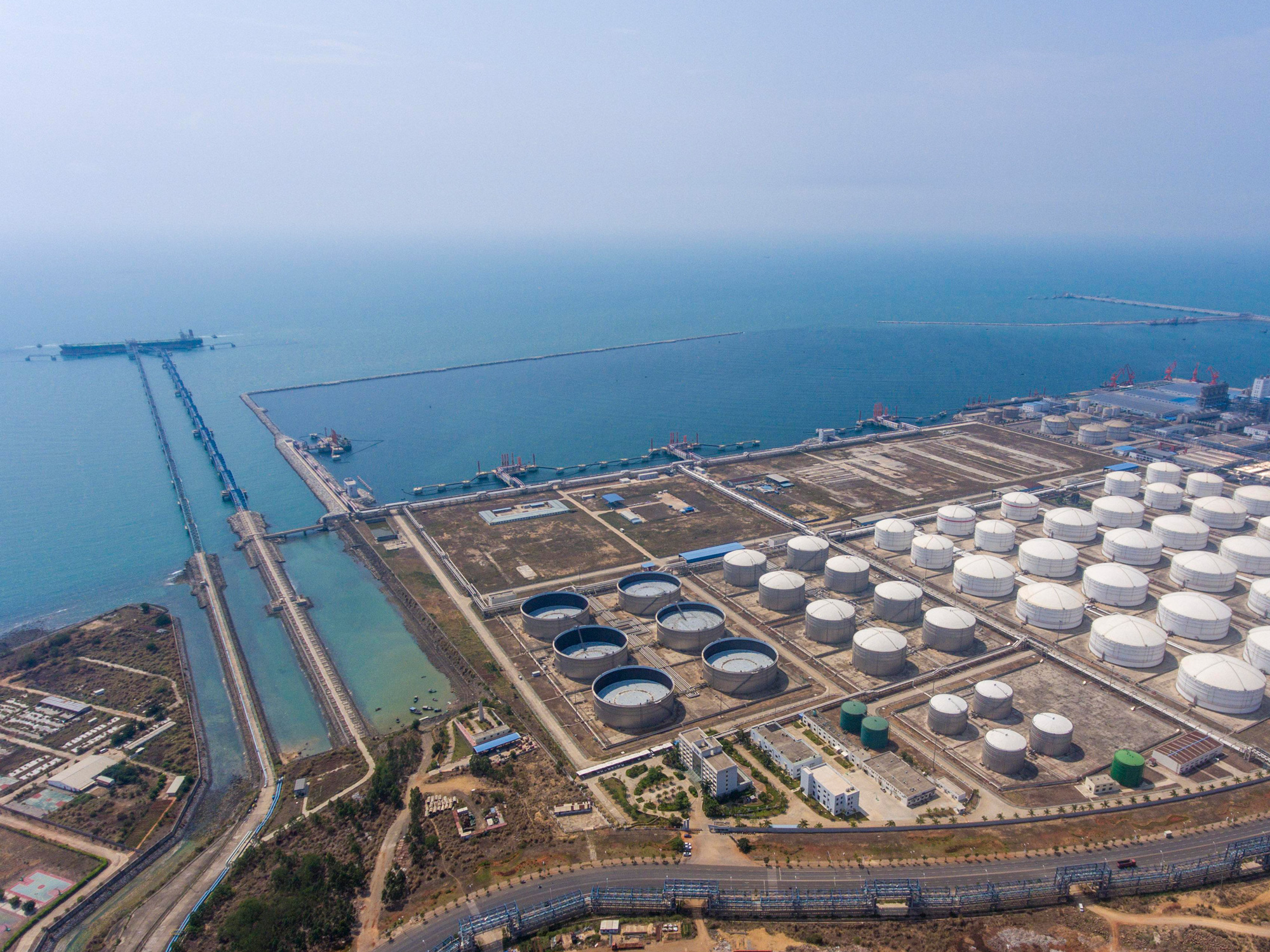The Rise Of The Global Oil Surplus

The world is set to encounter a "staggering" oil surplus, amounting to millions of barrels a day by the end of the decade, as oil companies ramp up production. This surge in output threatens Opec+'s ability to control crude prices, the International Energy Agency (IEA) has cautioned.
Despite forecasts showing demand peaking before 2030, ongoing investments by oil producers, especially in the US, are expected to create over 8 million barrels per day (b/d) of excess capacity by then, according to the IEA's latest industry report released on Wednesday.
This significant cushion of surplus oil could disrupt Opec+'s market management efforts and lead to lower prices. The IEA noted that such a level of spare capacity would be unparalleled outside the coronavirus pandemic period.
Fatih Birol, the IEA's director, remarked that while oversupply in the oil markets isn't new, the result would likely be downward pressure on prices. He emphasized that the combination of slowing demand and rising supply could have major consequences for oil companies, suggesting that it might be time for many producers to reassess their business plans.
The IEA, founded after the 1970s Arab oil embargoes to advise on energy security, has previously stated that the world is at "the beginning of the end" of the fossil fuel era. It predicts that demand for oil, natural gas, and coal will decline before the decade's end due to the widespread adoption of renewable energy and electric vehicles.
However, these projections have faced criticism from the oil industry, particularly in the Middle East and the US, where producers are increasing investments in crude production. Global capital spending on oil and fields rose to $538 billion in 2023, the highest since 2019. This rise was mainly driven by state oil companies in the Middle East and China, with Middle Eastern state spending doubling from ten years ago.
Haitham Al Ghais, Opec general secretary, has labeled the IEA forecasts as "dangerous," warning of potential "energy chaos" if producers cease investing in new oil and gas ventures.
The IEA's new report questions whether Opec+ can expand future production, noting that the alliance's market share has fallen to 48.5%, the lowest since its formation in 2016, due to voluntary output cuts. Even if Opec+, which includes Russia, maintains its deep cuts, it would still produce above the market's demand from 2025 through 2030.
Birol identified three key factors for oil demand peaking by the decade's end: reduced petrol use due to electric vehicles, Middle Eastern countries, notably Saudi Arabia, shifting from oil to renewables for electricity, and slower growth in China.
China's impact is particularly notable, having accounted for 60% of global oil demand growth over the past decade. The IEA expects China's annual growth rate to drop from 6% to about 4% in the forecast period.
Future growth drivers include increased aviation and a booming petrochemical sector. The IEA also predicts a rise in petrol use in India as more drivers take to the roads.
Meanwhile, oil demand in OECD countries, which peaked in 2007, is expected to fall to 1991 levels by 2030. The IEA's forecast assumes a 3% annual global economic growth for the rest of the decade.
The IEA warned that its shrinking oil demand forecast could be disrupted by minor changes in global events. For instance, a 0.3% annual increase in global GDP growth, a $5 annual drop in real oil prices, or a 15% slowdown in electric vehicle adoption could each result in oil consumption growth by the end of the decade.
World Liberty Seeks Federal Trust Charter
World Liberty Financial, the crypto venture backed by the Trump family, has applied for a US national bank trust charter... Read more
Saudi Banks Tap Overseas Markets
Saudi Arabia’s banks are borrowing from international markets at their fastest pace on record, as lenders try to squar... Read more
Amazon Continues To Cut 16000 Gone
Amazon has announced plans to cut a further 16,000 roles from its corporate workforce, extending the cost and organisati... Read more
The UK May Have A Voice In Ai
Europe’s AI sector has grown accustomed to playing catch-up. Capital has flowed more slowly than in Silicon Valley, va... Read more
Musk Applies Pressure To BT
Britain’s broadband market has spent the past decade locked in a familiar pattern. Incumbents invested heavily in fibr... Read more
Blackrock Sees EMEA Moving Into Private Assets
BlackRock has warned that investors across Europe, the Middle East and Africa are reshaping portfolios in response to wh... Read more

